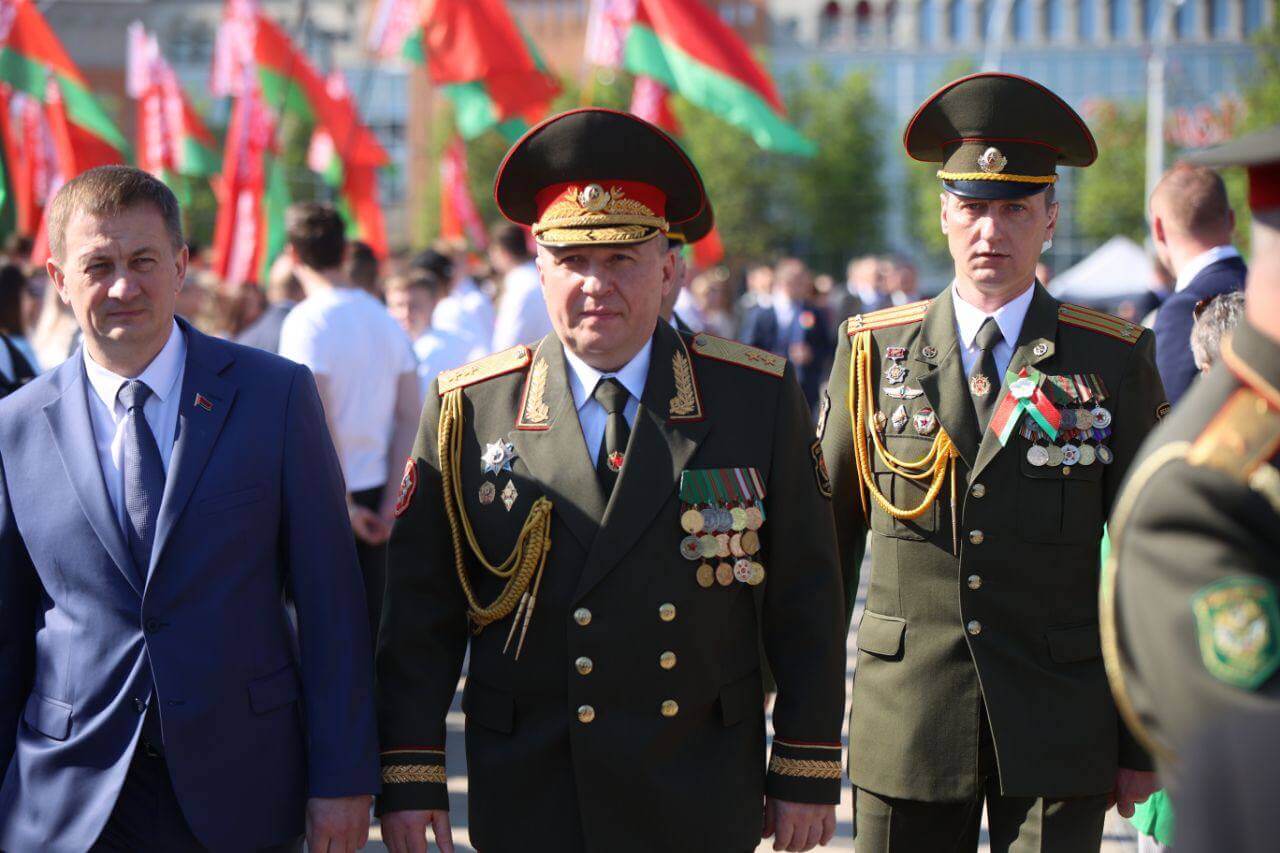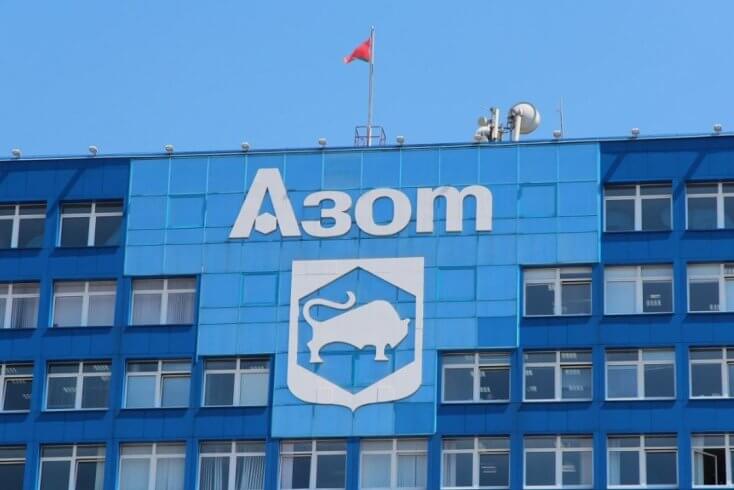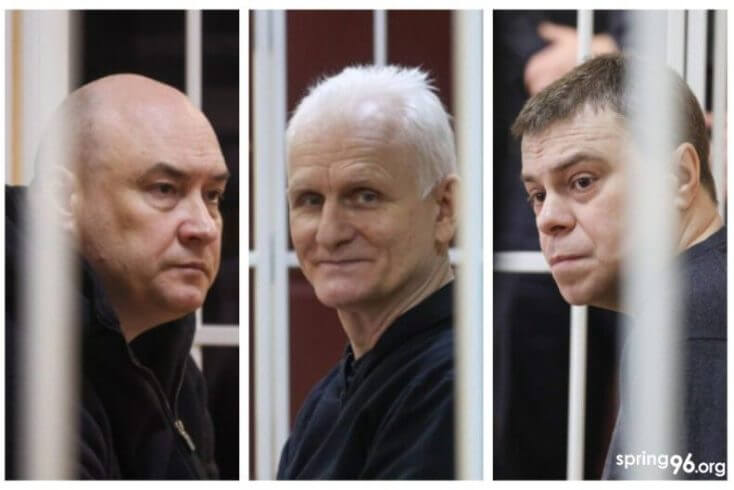
Defense Minister Viktar Chrenin has seen his influence grow with Russia’s deployment of nuclear weapons to Belarus and the arrival of Wagner Group mercenaries.
Unaffected by reshuffles
Alaksandar Łukašenka in late July and early August replaced the army’s mobilization and intelligence chiefs, Uladzisłaŭ Budzik and Rusłan Kasyhin, respectively.
The Belarusian leader frequently reshuffles the military and security brass to prevent generals from gaining to much influence.
Defense Minister Chrenin, appointed in early 2020, demonstrated his loyalty to Łukašenka during the post-election protests and Russia’s full-scale war against Ukraine.
The Belarusian leader has always praised his defense minister and even chose him to read out his speech at the Victory Day ceremony in May during a short illness.
Anti-fascist, anti-Western stance
In mid-August, Chrenin visited Moscow to meet with his Russian counterpart and make a speech at the Moscow International Security Conference.
Later the same month, he received Chinese Defense Minister Li Shangfu in Minsk and delivered an address at the Second International Anti-Fascist Congress held in the Belarusian capital from August 17 to 19.
His speech at the Moscow conference was notable for his assessment of the likelihood of Russia’s war with NATO as “highly probable.” At the Minsk congress, he branded the United States as “a fascist and Nazi” state.
He used both appearances to promote conspiracy theories, but lacked conviction because he read out scripted statements. Some commentators noted that he confused some words. In Moscow, while condemning “neocolonialism” he denounced Western “neokanalizers” (from Rus. kanalizatory, sewer builders). In Minsk, he appeared to confuse the words “transgender” and “transhumanism.”
Nevertheless, Western leaders must have taken note of his nuclear threats and the probability of a war with NATO.
Follows orders, associated with “Russian world”
Chrenin has a reputation as a diligent general strictly following Łukašenka’s orders. Unlike his predecessor, Lt. Gen. Aliaksandar Valfovič, state secretary of the Security Council at present, Chrenin is not an ambitious man and does not take initiative. He usually simply repeats Łukašenka’s tirades. The general prefers to stay in the background, despite being the key figure in the security apparatus.
Descended from a military family, Chrenin was born in Belarus, but the process of his socialization took place in Russia’s Primorsky Territory, Chukotka and Omsk. He began his career in Russia and continued it in Belarus in the 1990s.
His public statements suggest that he hates what he describes as “collective West” and pushes Russian propaganda narratives that cast the United States, European and Ukrainian leaders as fascists. He shares the Russian World ideology.
Ukrainian Defense Minister Oleksii Reznikov said that before the invasion Chrenin had sworn to him “as an officer” that Russian troops would not attack Ukraine from Belarus. After Russian tanks rolled into Ukraine from Belarus, the Belarusian defense minister allegedly phoned his Ukrainian counterpart to communicate Moscow’s demand for capitulation. Naša Niva sources said that Chrenin was confident of Russia’s success at the start of the invasion.
Therefore, he is susceptible to Russian influence.
Chrenin likely to stay
As the war rages on in Ukraine, Łukašenka is unlikely to replace Chrenin in the foreseeable future as long as he remains loyal to him.
Connections in Moscow and pro-Russian views may secure Chrenin a government office after Łukašenka’s departure. However, Moscow connections may worry the suspicious Belarusian ruler, who always seeks to prevent security officers from becoming too influential.
Chrenin was the sixth general appointed as defense minister by Łukašenka.
All the generals went through military socialization in Soviet Russia and pursued careers in Belarus after 1991.



